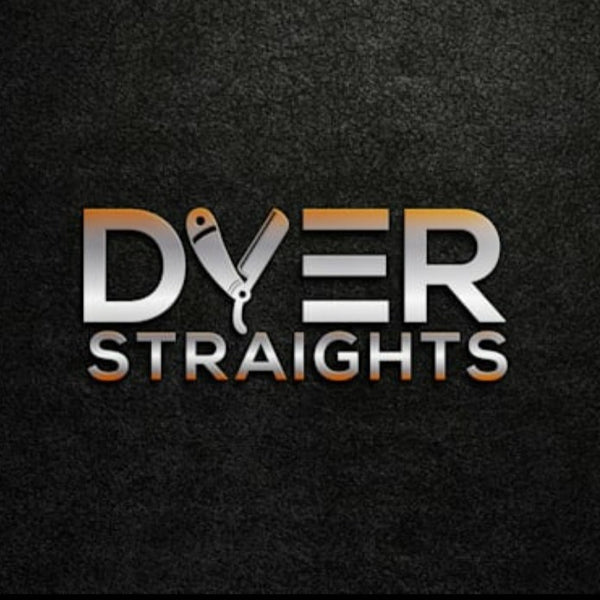Clauss Cutlery Co.
Origins
Clauss Cutlery Co., a notable American cutlery brand, was founded in 1877 in Fremont, Ohio, by brothers John, Frederick, and Otto Clauss, German immigrants from Solingen, a renowned cutlery hub. Initially operating as Clauss Brothers, the firm began importing high-quality straight razors and scissors from Solingen, Germany, before establishing domestic production in the U.S. By 1887, the company was incorporated as Clauss Cutlery Co., focusing on razors, shears, and knives for the American market.
Growth and Reputation
Clauss Cutlery Co. gained prominence for its straight razors featuring wedge or half-hollow grinds and handles of celluloid, horn, or bone. These razors, often sourced from Solingen makers like Böker or Dovo, were prized by barbers and shaving enthusiasts for their sharpness and durability. The company also produced high-quality scissors, particularly for tailoring and barbering, which became a cornerstone of their business. Clauss capitalized on the U.S. demand for reliable grooming tools, competing with brands like Genco and Dubl Duck. By the early 20th century, their products were widely distributed through retailers and mail-order catalogs, establishing a strong domestic presence.
Trademark Stamp
Clauss razors were typically stamped “Clauss Fremont O.” or “Clauss Cutlery Co. Fremont, Ohio” on the blade tang, often accompanied by “Made in Germany” to indicate Solingen-sourced blades, reflecting the McKinley Tariff Act of 1890’s requirement for country-of-origin labels. A distinctive trademark was a simple “C” or “Clauss” logo, occasionally paired with “Warranted” or “Extra Hollow Ground” to denote quality. Unlike some competitors with iconic symbols (e.g., Böker’s Tree Brand), Clauss relied on straightforward branding, with some razors featuring decorative etchings like “Premier” or “Barber’s Favorite.”
Challenges and Decline
The rise of safety razors after 1904, popularized by Gillette, significantly reduced demand for straight razors, posing challenges for Clauss. The company shifted focus to scissors and industrial shears, which proved more sustainable. Economic pressures, including the Great Depression and World War II disruptions, impacted razor production, as Solingen imports became less viable. By the mid-20th century, Clauss largely phased out straight razors, concentrating on scissors and specialty tools. In 1967, Clauss Cutlery Co. was acquired by Alco Standard Corporation, marking a shift away from its original cutlery focus.
Legacy and End
Clauss ceased straight razor production by the mid-20th century, with the company’s operations under Alco Standard and later Acme United Corporation (post-1987) focusing on scissors, shears, and industrial cutting tools. The Clauss brand continues today under Acme United, producing professional-grade scissors but no longer manufacturing razors. Vintage Clauss razors, particularly those stamped “Made in Germany,” are highly valued by collectors for their quality and shaving performance when restored. The brand’s legacy endures in the collectible market, representing a significant chapter in American cutlery history tied to Solingen’s craftsmanship.
Contact form
Subscribe to our emails
Be the first to know about new collections and exclusive offers.
